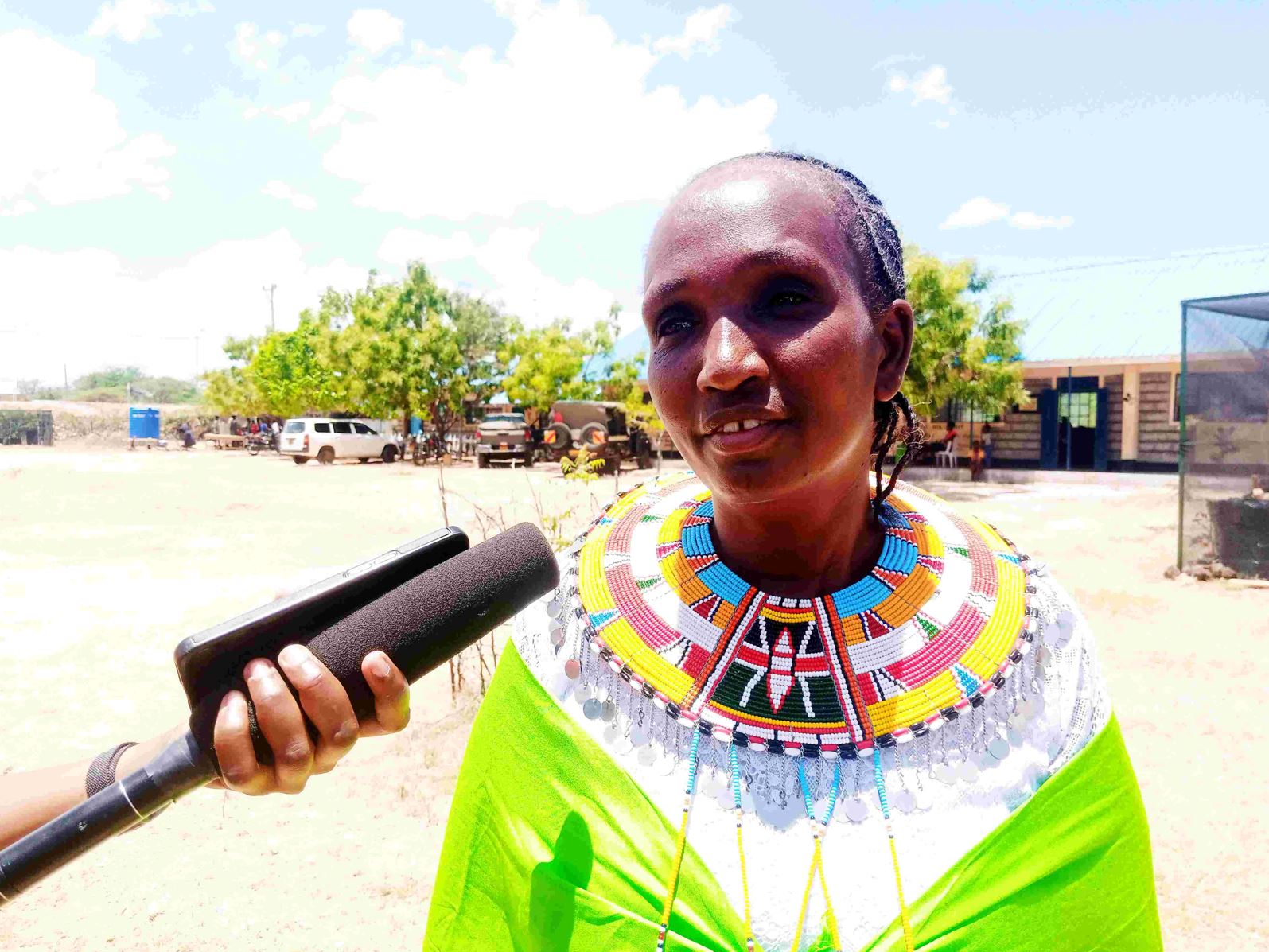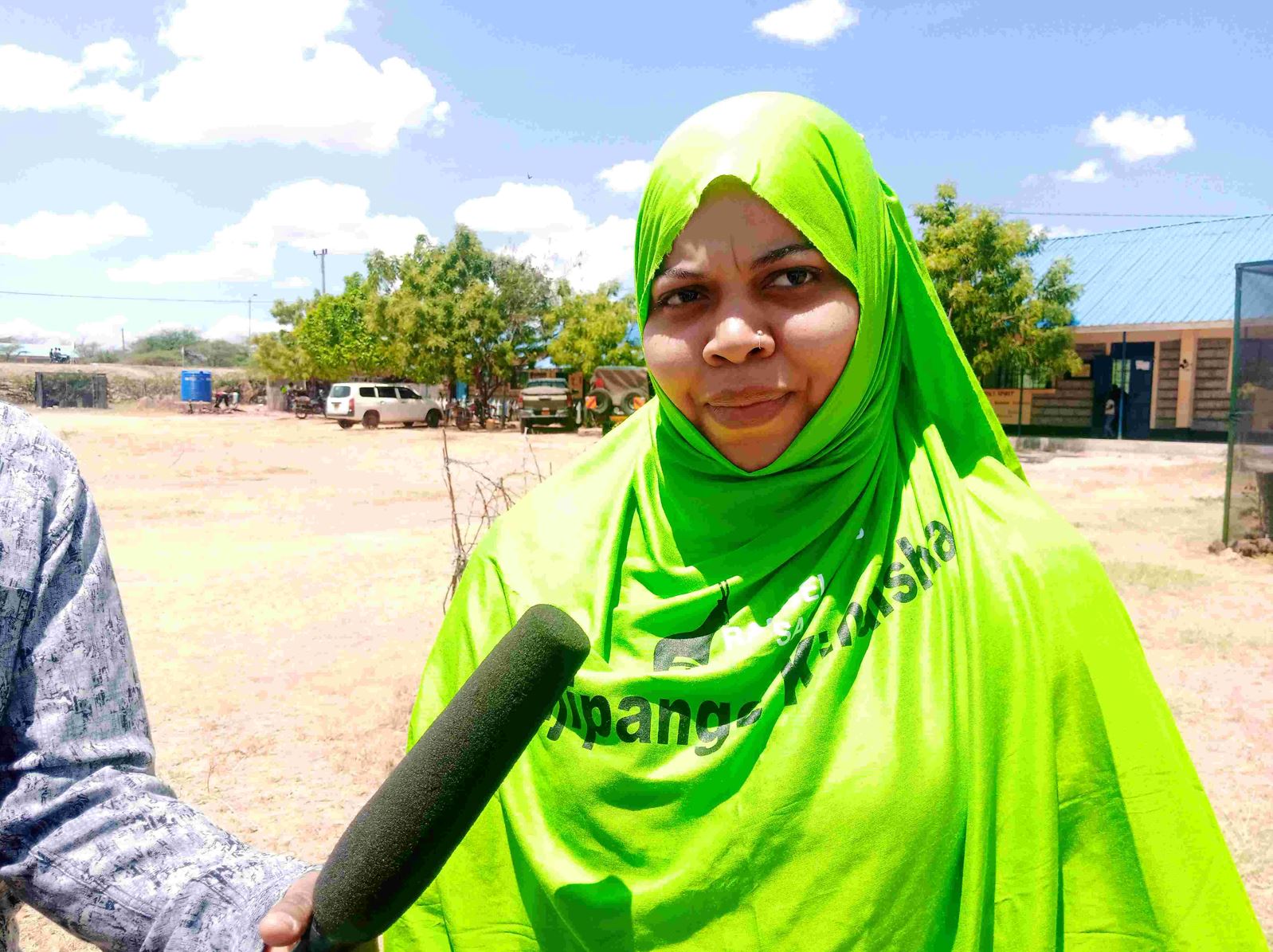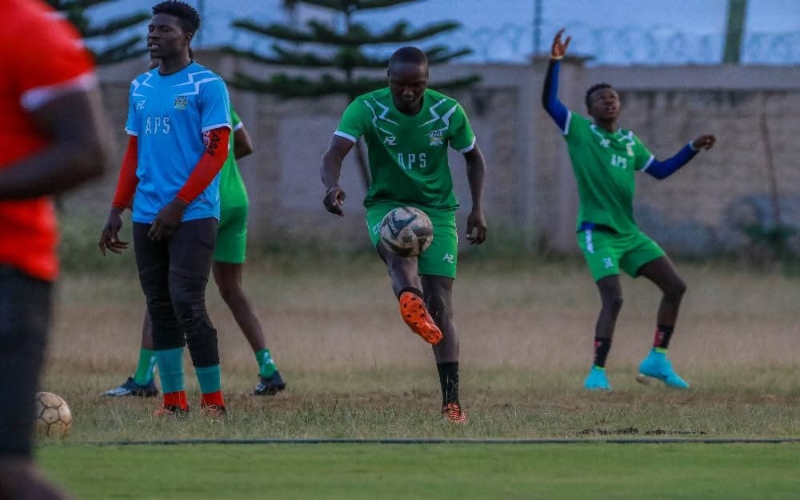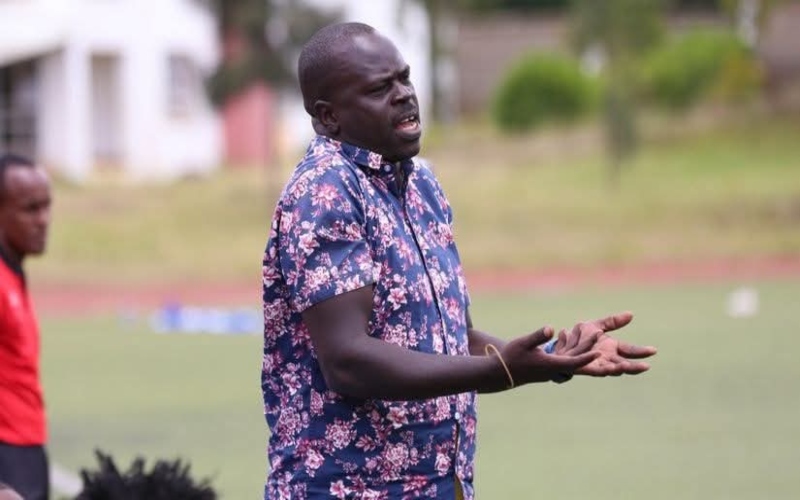Sacco promotes financial inclusion of pastoral women

A group of women in Samburu County who successfully persuaded their husbands to sell off their animals during the recent drought, Kenya's worst in 40 years, and save the money in a SACCO are happy that the 'risk' is paying off.
The government has umpteen times encouraged pastoral communities to sell off some of their animals to evade losses when drought and other natural catastrophes strike but the communities hardly heed the call and continue to bear the brunt of climate change.
While they can sell off during dry spells and restock when rains fall, the majority of the pastoralists hold onto the animals to the extent of seeing them get emaciated and die in droves while in the grazing fields or flood waters, a situation that continues to impoverish and expose them to health risks due to hunger.
Keeping huge herds of animals also puts them at risk of being attacked by cattle rustlers who steal livestock to restock the ones they lose during drought.
More To Read
- Uwezo Fund disburses Sh2.2 million to 14 community groups in Kamukunji
- MPs push Treasury to curb rising fees on unused foreign loans
- More SACCOs register with FRC to fight money laundering, terrorism financing
- SACCO members hit by 4 per cent payout cuts in wake of Sh13.3 billion KUSCCO heist
- CS Oparanya calls for mergers to stabilise small SACCOs, strengthen sector
- Private sector credit surges to Sh10.7 billion in June as lending recovers
Morans engage in the crime as a show of heroism with members of the community who own hundreds of animals attracting a lot of respect and social status.
Pastoralism remains under immense threat and is proving unreliable, thanks to drought which ignites inter-community conflicts due to pressure on strained natural resources. The animals are also swept away by floods leaving livestock keepers incurring huge losses.
The majority of the pastoralist communities are in Arid and Semi-Arid Lands (ASAL) where marginalization and historical injustices remain rife.
A group of women in Samburu County who successfully persuaded their husbands to sell off their animals during the recent drought, Kenya's worst in 40 years, and save the money in a SACCO are happy that the 'risk' is paying off.
Hailing from patriarchal communities, women have limited access to and control over resources, which is a preserve of men, and their work is to primarily look after the livestock, fetch water and firewood and fend for their families.
They are hardly involved in decision making including on matters that affect them and their education is disregarded due to the notion that when married, they leave their parent's homes to their husbands'.
Among the women who convinced their husbands to embrace the idea of keeping manageable livestock is Mikelina Leparmorijo who says she no longer entirely relies on her husband to take care of the family's needs.
"My husband was a bit hesitant in the beginning but later agreed we sell off 25 out of the 40 herds of cattle that we had. The animals had started getting emaciated and I knew we risked losing them all," she says, revealing that the drought claimed thousands of animals within Meibae where she hails from.
What elates her the most is her husband agreeing to her idea of saving part of the money in the Northern Rangelands Sacco that has members across 45 community conservancies in nine counties, 69 per cent of them being women.
 Mikelina Leparmorijo from Meibae addresses journalists at Archers Post, Samburu East after Northern Rangelands Sacco Annual Delegates meeting on March 7, 2024. Photo/Eastleigh Voice
Mikelina Leparmorijo from Meibae addresses journalists at Archers Post, Samburu East after Northern Rangelands Sacco Annual Delegates meeting on March 7, 2024. Photo/Eastleigh Voice
The counties are Isiolo, Marsabit, Samburu, Laikipia, Baringo, West Pokot, Garissa, Lamu and Tana River.
"My initial savings for the first month was Sh10, 000 and after six months I was able to access a loan of Sh90, 000 which I used to start a goat selling business whose proceeds have helped me augment my husband's efforts," Ms Leparmorijo noted.
She had prior to joining the community-owned and membership driven Sacco benefited from the Northern Rangelands Trust (NRT) Trading Biashara's training programme that focuses on entrepreneurship and financial literacy.
"We used to keep money in the house but learnt the importance of saving after the training. The Sacco has offered us an alternative to banks which are located many kilometres away, disadvantaged residents in rural areas".
Sacco agents stationed at the villages help the members deposit money into their accounts, sparing them the hassle of going all the way to the offices to make transactions.
She said that men were gradually respecting women's journeys to financial independence and self-reliance, and that they were now permitting their spouses to attend Village Savings and Loans Association meetings.
"I make a profit of Sh3000 on a good day and Sh1000 when there is recession which helps me contribute in taking care of the family's needs. The annual dividends have also made our husbands see the importance of saving and borrowing," she told Eastleigh Voice.
Ms Fatma Athman from Lamu's Pate Island and whose group was previously involved in Mangrove restoration is also a beneficiary of the Sacco.
From a general sales shop that she started with initial Sh25, 000 loan that she was required to pay back in one year, Fatma has over time been able to expand the shop and currently runs a wholesale business.
"Ten of our members each got Sh25, 000 loan in February 2019 which we injected into business. We all agreed to set aside Sh100 daily to enable us to pay Sh3000 that we were required to pay monthly until the end of the year," she said.
After they all paid the loan in full, their limit was increased to Sh50, 000 which all the members paid back in two years.
"I paid back my loan in one year and my limit was revised upwards to Sh100, 000 which I refused to pick because I felt it wouldn't have been enough to open a mini supermarket which I dreamt of owning," she said.
Being the only girl in her family who went to school and proceeded all the way to Form Four, Fatma is happy that she has a source of income and manages her resources, which has been a preserve of men.
 Fatma Athman from Lamu East addresses journalists at Archers Post, Samburu East after Northern Rangelands Sacco Annual Delegates meeting on March 7, 2024. Photo/Eastleigh Voice
Fatma Athman from Lamu East addresses journalists at Archers Post, Samburu East after Northern Rangelands Sacco Annual Delegates meeting on March 7, 2024. Photo/Eastleigh Voice
"Apart from becoming somewhat financially independent, Sacco has taught me the discipline to pay back loans," she said. "We (women) are hardly allowed into leadership but I am glad that I am heading a group of women whose lives have been transformed by savings, borrowing and investment".
Ms Napolok Namunken from Loruko is among the Isiolo women who have ventured into business after accessing loans from the Northern Rangelands Sacco and runs a wholesale shop at her village.
During Sacco's Annual Delegates Meeting at Archers Post in Samburu East, Mr Ture Boru, the NRT-T Chief Economic Programmes Officer in charge of community economic empowerment, said the Sacco targeted residents in areas where access to financial services remain a challenge.
"We are keen on promoting growth of enterprises for them to take advantage of economic opportunities available in the region including the Lapsset project," he said during the disbursement of Sh2.63 million dividends for the year 2023.
A total of Sh200 million loans have been disbursed to 5400 enterprises in nine counties in the last seven years, a period in which membership has grown to 6000 from initial 200.
Top Stories Today












































